Overview
Vitamin A encompasses a group of essential compounds that play a crucial role in maintaining vision, supporting skin integrity, and bolstering immune function. Despite its critical importance, vitamin A deficiency remains a significant global issue, particularly in regions with limited access to diverse and nutrient-rich foods. This deficiency can lead to health complications, underscoring the necessity of appropriate supplementation.
Global Implications of Vitamin A Deficiency
The primary cause of vitamin A deficiency is insufficient dietary intake. Populations that lack access to vitamin A-rich foods—such as dark leafy greens, brightly colored vegetables, fish, and liver—are especially vulnerable. Given vitamin A’s integral role in various bodily functions, deficiency can impair cellular processes and overall health.
Vitamin A’s Essential Functions
Vitamin A is indispensable for several key bodily functions:
- Vision: It is a critical component of rhodopsin, a protein necessary for vision in low light and for distinguishing colors.
- Skin Health: It is vital for the maintenance and functionality of skin cells.
- Immune Function: Vitamin A is involved in the development and regulation of the immune system.
- Cellular Processes: It plays a role in cellular recognition, growth, and differentiation, crucial for proper body function.
Traditional Vitamin A Supplementation
Historically, vitamin A supplements have been available in two main forms: preformed vitamin A (including retinol and retinyl palmitate) and provitamin A carotenoids. However, traditional supplements often face challenges related to bioavailability and the efficiency of absorption in the body.
Benefits of Liposomal Vitamin A Formulations
Liposomal technology has emerged as an advanced method for delivering nutrients. In this approach, vitamin A is encapsulated within liposomes—tiny spherical lipid bilayers. This innovative method offers several benefits:
- Increased Bioavailability: The liposomal encapsulation shields vitamin A from degradation during digestion, enhancing absorption and bioavailability.
- Enhanced Stability: Liposomes provide a protective environment for vitamin A, reducing the chances of oxidation and degradation.
- Targeted Delivery: Liposomes facilitate more precise delivery of vitamin A to cells, increasing its effectiveness.
Advancements in Nutrient Absorption with Liposomal Technology
Liposomal technology represents a significant leap forward in nutrient delivery, particularly for vitamin A supplementation. CELLg8®, a leader in this field, has revolutionized the absorption process, ensuring that vitamin A is efficiently absorbed and utilized by the body’s cells. By bypassing the harsh conditions of the gastrointestinal tract, liposomal delivery maximizes the benefits of vitamin A, making supplementation more effective for individuals with dietary limitations or absorption difficulties.
Nutritional Insights on Vitamin A Supplementation
From a dietary perspective, vitamin A supplementation is crucial for populations where intake is inadequate. Supplementation helps fill nutritional gaps, ensuring that the body maintains optimal levels of this vital nutrient.
Conclusion
Vitamin A is a critical nutrient with essential roles in various physiological processes. Given the widespread issue of vitamin A deficiency, particularly in certain regions, supplementation becomes a vital strategy. CELLg8® Liposomal formulations offer a superior method of vitamin A delivery, thanks to their enhanced bioavailability, stability, and reduced toxicity risk, making them a preferable alternative to traditional supplements.







